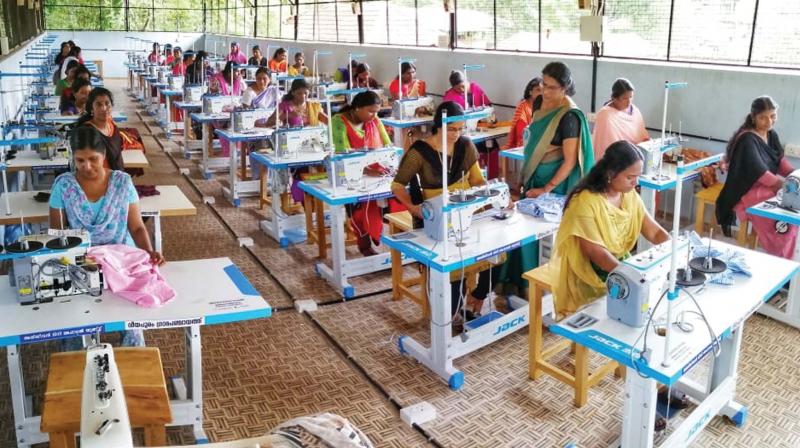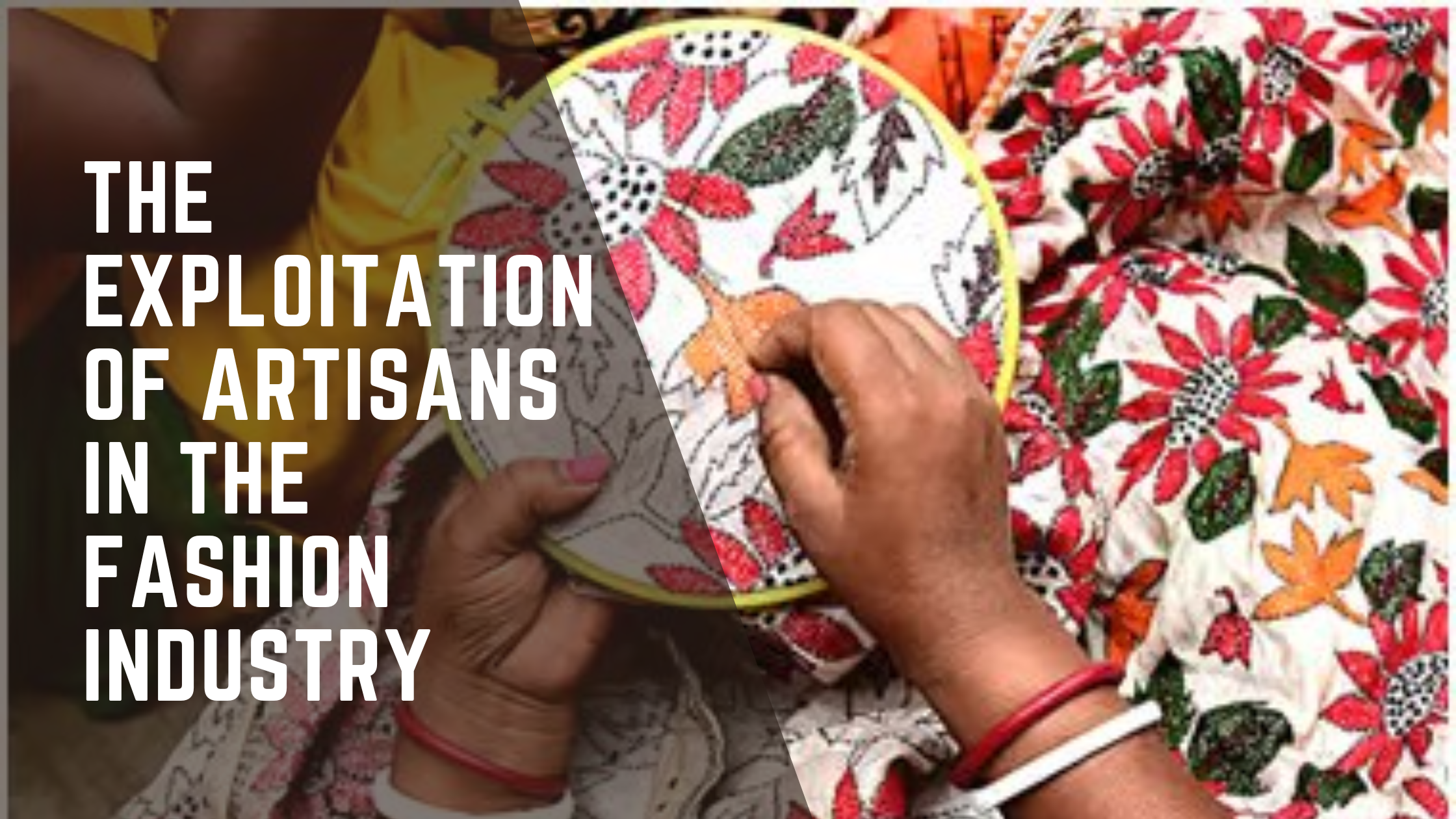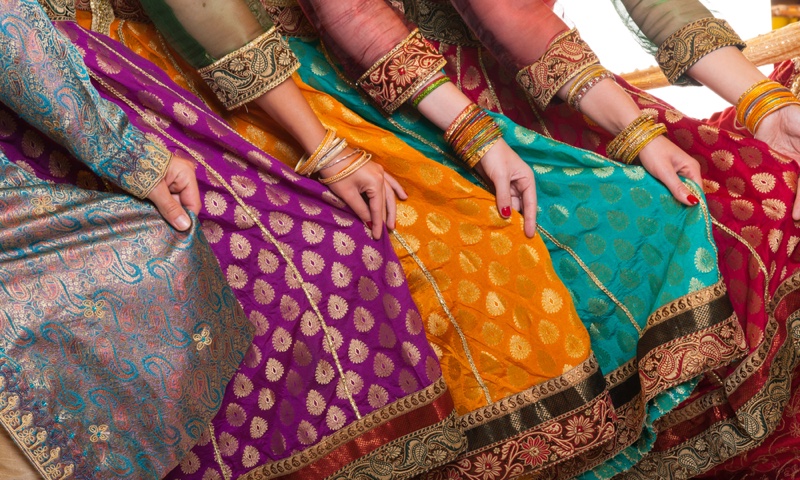In the dynamic landscape of global commerce, the Indian government finds itself at a crucial juncture, grappling with the need to fortify Intellectual Property Rights (IPR) to shield small-time artisans from the perils of exploitation by international fashion conglomerates. As the traditional craftsmanship of Indian artisans gains international acclaim, it becomes paramount to establish robust mechanisms that safeguard their intellectual creations and cultural heritage. There are compelling reasons behind the urgency for a stringent IPR framework to protect the invaluable contributions of small-time artisans.
India’s rich tapestry of cultural diversity is woven into its artisanal traditions, reflecting centuries-old craftsmanship and heritage. Small-time artisans, often hailing from rural areas, contribute significantly to this legacy. However, without adequate protection, their unique designs and techniques become susceptible to appropriation by international fashion brands. A stringent IPR framework is essential to ensure that these artisans receive due credit and compensation for their cultural contributions.
A robust IPR system acts as a catalyst for innovation and creativity. Small-time artisans are more likely to invest time and effort in refining their craft when they are assured of protection against unauthorized replication. By securing their intellectual property, the government can encourage artisans to explore new ideas, designs, and techniques without the fear of exploitation.
The exploitation of small-time artisans by big international fashion brands not only robs them of their intellectual property but also hampers their economic empowerment. Strengthening IPR laws in India can create an environment where artisans can negotiate fair deals, license their creations, and benefit from the commercial success of their work. This, in turn, contributes to poverty alleviation and sustainable economic development.
India’s artisanal products have the potential to make a mark on the global stage. However, the lack of stringent IPR measures puts these creations at risk of being copied and mass-produced by international entities, undercutting the competitiveness of local artisans. When these artisans raise their voices, they are suppressed by the mights of these brands who blackmail them through various means. The latest and the most vibrant example is Mrinalini Kumar, a fashion designer of world repute. She is nwo fighting a lega case with Valentino, one of the big names in global fashion fraternity. By fortifying intellectual property protection, the Indian government can ensure that the nation’s artisans compete on a level playing field in the global marketplace.
A robust IPR framework aligns with principles of social justice and fair trade. It empowers artisans by granting them control over their creations and the ability to dictate the terms of their engagement with larger entities. This shift in power dynamics ensures that the benefits of economic transactions are distributed more equitably, fostering a fair and sustainable ecosystem. The Indian government stands at the crossroads of tradition and modernity, tasked with preserving the cultural heritage of its artisans while propelling them into the global market. Strengthening Intellectual Property Rights is not just a legal imperative but a moral obligation to protect the creative expressions of small-time artisans from exploitation by international fashion brands. By fortifying these protections, India can forge a path towards a more equitable and prosperous future for its artistic communities, ensuring that the world recognizes and respects the true value of its cultural treasures.


